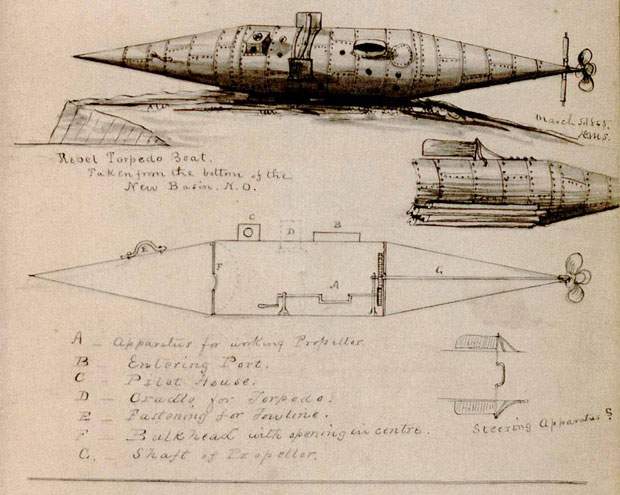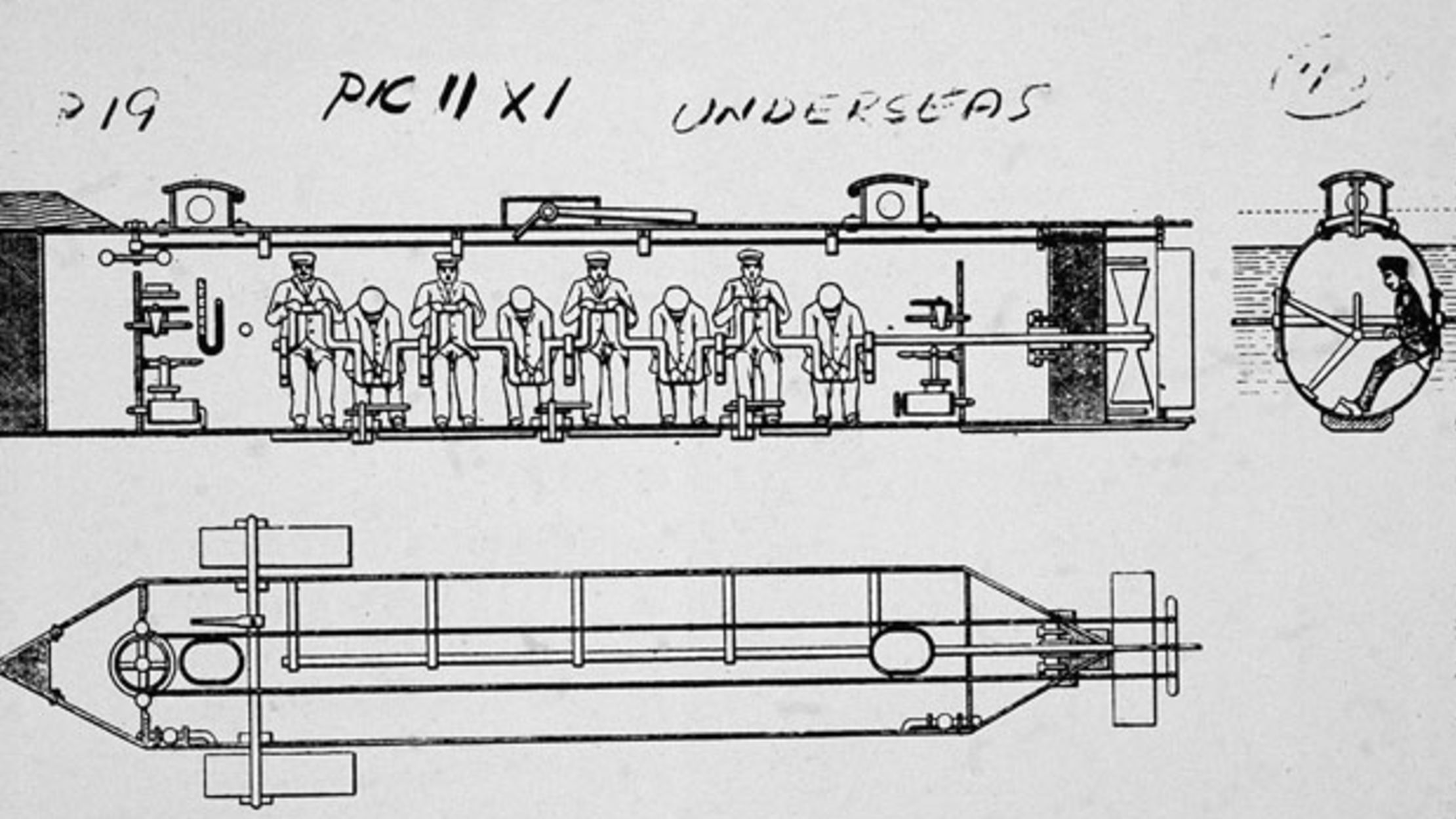

On May 26, the last military department of the Confederacy, the Department of the Trans-Mississippi, effectively surrendered, but the conclusion of the American Civil War lacks a clear end date, and Appomattox is often symbolically referred to. On April 14, just five days after Lee's surrender, Lincoln was assassinated. The Confederates abandoned Richmond, and on April 9, 1865, Lee surrendered to Grant following the Battle of Appomattox Court House, setting in motion the end of the war.Ī wave of Confederate surrenders followed. The last significant battles raged around the ten-month Siege of Petersburg, gateway to the Confederate capital of Richmond. This led to the fall of Atlanta in 1864 to Union General William Tecumseh Sherman, followed by his March to the Sea. Inflicting an ever-tightening naval blockade of Confederate ports, the Union marshaled resources and manpower to attack the Confederacy from all directions. Grant's command of all Union armies in 1864. Western successes led to General Ulysses S.

Lee's incursion north ended at the Battle of Gettysburg. The successful 1863 Union siege of Vicksburg split the Confederacy in two at the Mississippi River. To the west, the Union destroyed the Confederacy's river navy by the summer of 1862, then much of its western armies, and seized New Orleans. The abolition of slavery became a Union war goal on January 1, 1863, when Lincoln issued the Emancipation Proclamation, which declared all slaves in states in rebellion to be free, applying to more than 3.5 million of the 4 million enslaved people in the country. Four years of intense combat, mostly in the South, ensued.ĭuring 1861–1862 in the Western Theater, the Union made significant permanent gains-though in the Eastern Theater the conflict was inconclusive.

Four more southern states seceded after the war began and, led by Confederate President Jefferson Davis, the Confederacy asserted control over about a third of the U.S. forts and other federal assets within their borders. Seven southern slave states responded to Lincoln's victory by seceding from the United States and forming the Confederacy. presidential election of Abraham Lincoln, who opposed slavery's expansion into the western territories. The cause of the war was the dispute over whether slavery would be permitted to expand into the western territories, leading to more slave states, or be prevented from doing so, which many believed would place slavery on a course of ultimate extinction.ĭecades of political controversy over slavery were brought to a head by the victory in the 1860 U.S. The American Civil War (April 12, 1861 – also known by other names) was a civil war in the United States between the Union ("the North") and the Confederacy ("the South"), formed by states that had seceded from the Union.


 0 kommentar(er)
0 kommentar(er)
